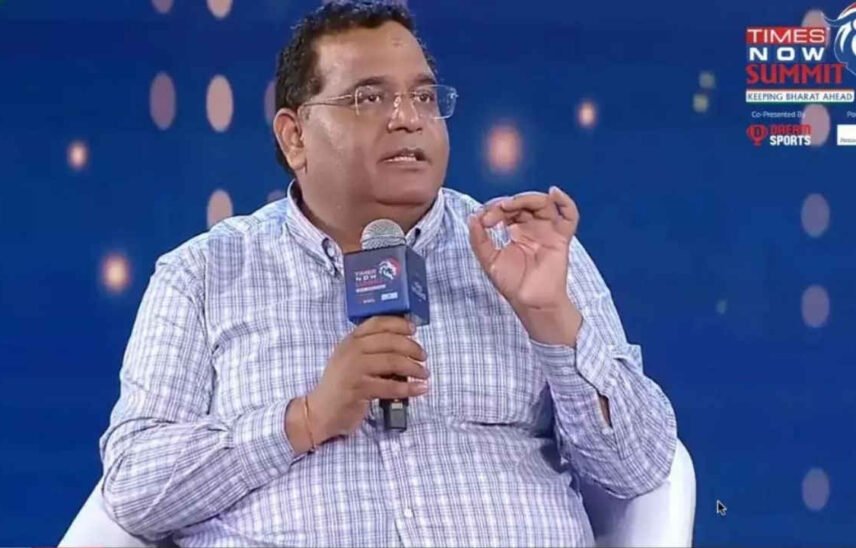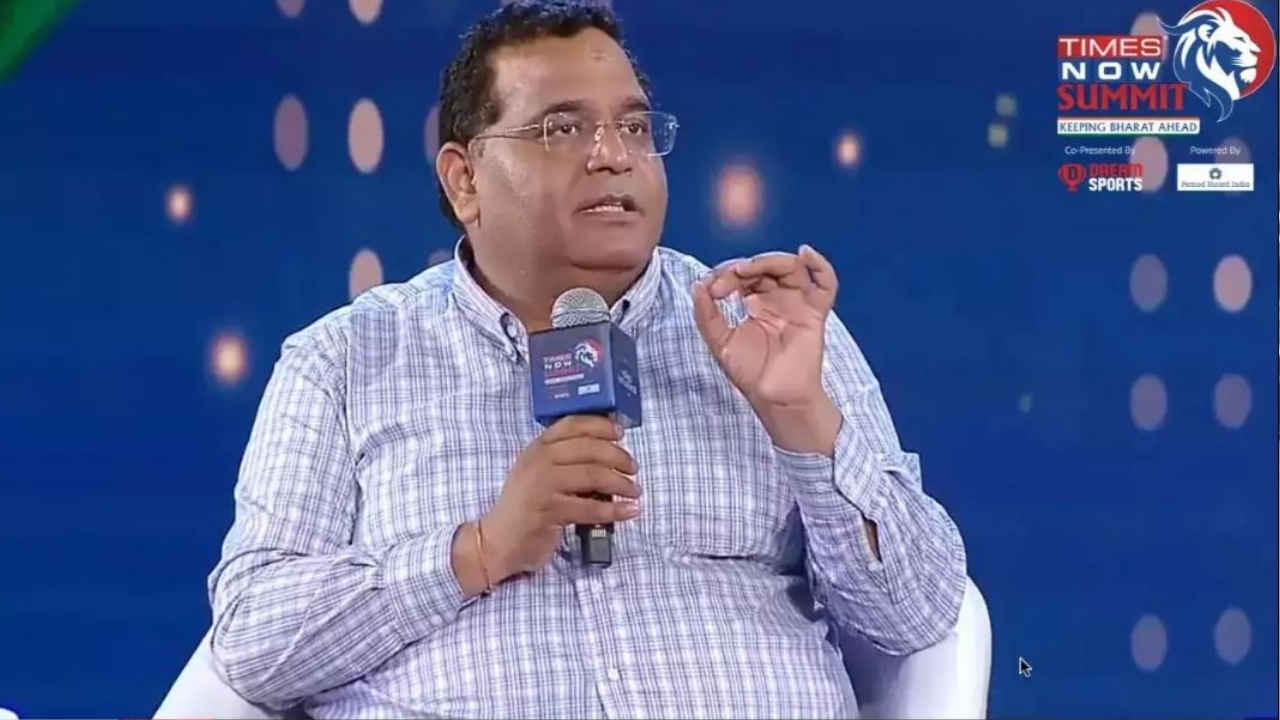
- Home
- Managed Services
- Cyber Security
- Blog
- About Us

We 365 Admin Support, just simplify your IT problems
Call for a free support. +91 96666 59505Platform Partnership
- Who We Help
- Shop
- Contact
- News






HIGHLIGHTS
Table of Contents
ToggleAt the recent Times Now Summit 2025, Vijay Shekhar Sharma, the founder of Paytm, shared his insights on the transformative effects of artificial intelligence (AI) on employment. He expressed the view that although AI will lead to the obsolescence of certain jobs, it will concurrently generate a plethora of new employment opportunities in the years to come.
When questioned about the potential for AI to cause increased job losses, Sharma acknowledged that job displacement is an unavoidable reality. He elaborated on this by referencing historical shifts in technology, citing the decline of the STD (Subscriber Trunk Dialing) and PCO (Public Call Office) sectors. Once popular, these businesses saw a significant downturn as smartphones became ubiquitous, fundamentally altering the landscape of communication.
“It’s an undeniable fact. Take the STD and PCO businesses as a case in point; they were once crucial to our communication needs but have since dwindled as the way we communicate evolved. This is a pattern we’ve observed in various industries without even realizing it. Yes, certain jobs will disappear, but this is simply the progression of our technological landscape,” Sharma explained.
For additional insights, read: Times Now Summit 2025: Bill Gates lauds India’s AI and digital growth, calls country’s growth inspiring
He further opined, “It’s important to realize that such changes will occur—it is inevitable. However, we should view this as an opportunity for improvement. The new generation will acquire the skills, insights, and attributes of the previous generation and carry them into the future. This shift will ultimately benefit society as a whole.”
Sharma also offered a compelling analogy by likening the current state of AI to the formative years of the internet during the 1990s. He noted that, similar to how the internet was once primarily text-driven, AI too is currently centered around text generation. However, with the advent of advanced language models that can produce images, videos, and an array of complex content, he believes AI has the potential to be as indispensable as the internet and smartphones are today.
While discussing trends in the industry, Sharma highlighted the burgeoning global race in AI technology. He pointed out that India stands at a unique crossroads, with the potential to develop its own AI models. The primary challenge lies in keeping pace with the rapid advancements in AI technology, which promises constant evolution and transformation.
“AI is evolving at an unprecedented rate, outpacing any other technology. For India, the imperative is to act swiftly and decisively to build a robust foundation and assert its leadership in the AI domain,” he remarked.